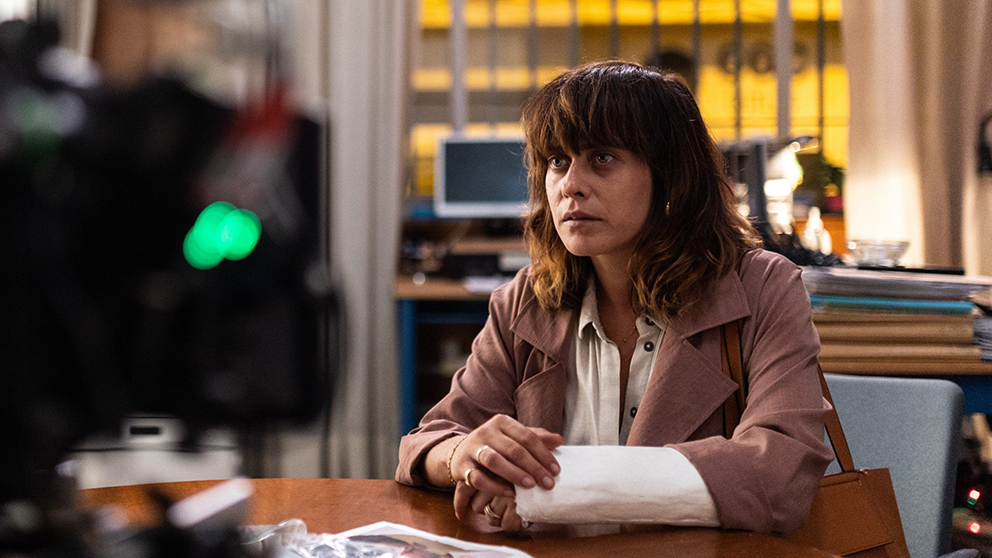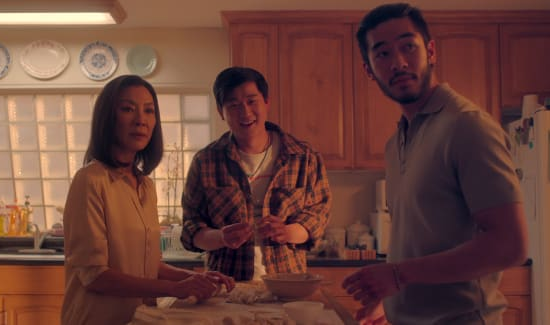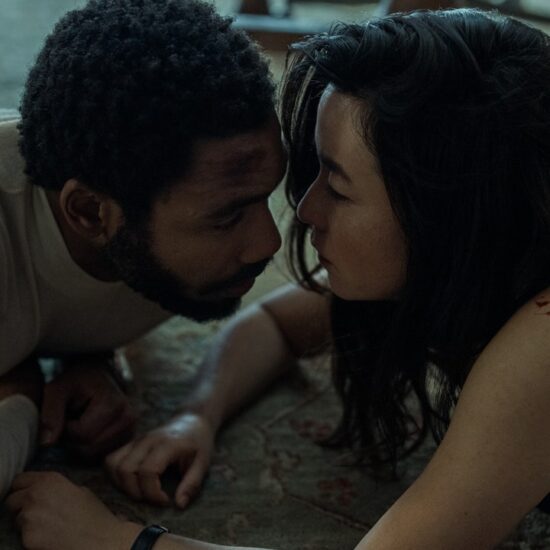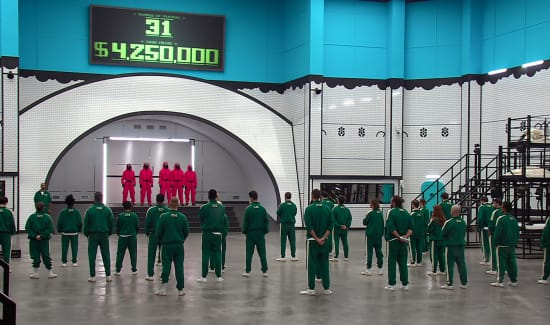
In the run-up to its Canneseries world premiere, Movistar+ has shared in exclusivity with Variety the international trailer to “The Left Handed Son” (“El hijo zurdo”), the directorial debut of Rafael Cobos, writer of Alberto Rodríguez international hit “Marshland” banner TV series “The Plague.”
Cobos also wrote Rodriguez’s memorable episode in “Offworld,” a market screening at this year’s MipTV.
Movistar+, which produces with José Antonio Félez’s Atipica Films, its partner on “The Plague” and “Prison 1977,” has also announced the release date for “The Left-Handed Son,” whose episodes will all be made available on Movistar+, Spain’s biggest SVOD/pay TV platform, on April 27.
Distribution outside Spain on “The Left-Handed Son” is handled by Movistar+ International.
A six-part short format series, it reps Movistar+’s fourth title at Canneseries in six editions. “The Left Handed Son” delivers a probing, fast-paced psychological thriller which adds further weight to the argument that some of the most interesting scripted work in Spain and Latin America is being carried out in miniseries: Think Pablo Fendrick’s “Amongst Men” and Gustavo Pizzi’s “The Last Days of Gilda.”
It kicks off with Lola, late thirties, receiving a phone-call from the police: Her son, Lorenzo, knocking 18, is being held in custody. When she gets to the police station, she’s told that he’s beaten up a Moroccan kid, nearly killing him. Why? “Because your son’s a skinhead,” an officer tells him.
Lola had no idea. Confronting Lorenzo, her verbal drubbing is met by his sullen hostility. Half way home, he throws himself from her car; she chases him through a park, but he escapes, ignoring her calls.
That scene’s glimpsed in a trailer that nails some of the major questions asked by this intense mother-son relationship thriller, beginning with how Lola and Lorenzo have become so estranged – as well as teasing some possible answers.
“The first time my mother told me I wasn’t normal, I was six years old. She didn’t like that I was left-handed,” she recalls in an initial trailer voiceover.
One explanation in a series whose psychological good sense consists in offering a broad range of answers is captured by the trailer. Sensing that she doesn’t live up to her mother’s expectations, nor to her own of perfect motherhood, living in a city which literally workshops the perfect mother, Maria, Lola abandons herself to drink.
“Apples don’t fall far from the tree,” Lorenzo says in the trailer, before throwing himself out of the car. An image reflection of his mother – a link caught literally in a shot of Lola observing him in custody through a glass window – he suffers the same sense of abandonment – “desamparo,” a key word in the series – and turns his fury at her on the world.
“Rafael Cobos is one of the most gifted and talented writers I have ever met. I have been privileged to work with him since ‘The Plague’ and I am very excited to have worked with him again in his first project as director and showrunner, ‘The Left-Handed Son,’ a unique and gripping show, full of emotions and insights on the relationship between a mother and her son, and a new take in his already diverse and original career,” said Domingo Corral, Movistar+ director of original fiction.
“The Left-Handed Son” stars María Leon, who stunned Spain with her first major movie lead performance, in 2011’s “The Sleeping Voice,” winning best actress at the San Sebastián Festival and a Spanish Academy Goya.
Variety chatted to Cobos about “The Left Handed Son” which, despite its short format – most episodes weigh in at 20-25 minutes – is no minor work at all.
”The Left-Handed Son” is described, I think quite rightly, as a psychological thriller. It’s also a story of absent parents – the father who’s abandoned his family to go into politics, the mother who drinks to escape her sense of worthlessness – and the sense of abandonment which this leaves in a son,whose violence becomes a classic call for attention. Or maybe I wrong? But could you comment?
Exactly. It contrasts with my prior screenplays, which were fundamentally based on incidents, events sparked by real events where characters often have to carve out a way forward through small details dissolved in the dramatic action – the indisputable driver which many times comes to signify the plot. Beginning to develop “The Left-Handed Son,” I decided that characters would for me determine events, surprising me, becoming the basic driver of its conflict, and not the other way round. And that, from this starting point, I’d apply the very same tools of tension and rhythm which I’d used in thrillers, injecting them as the story plays out. In other words, I inverted completely my work method, going against myself.
Some of the most interesting recent fiction work in Latin America and Spain, for my money, are being created in the mini-series series format. I sense you wanted to use a shorter format because of the intensity of the story-telling which is often working on multiple levels at one and the same time. But could you comment?
I’ll level up. Yes, I wanted “The Left-Handed Son” to be short format. Because of its impact, concentration, intensity. I’ve always defended narratives that go straight to the point, their core. The editing process, in any case, led to an ever shorter, more frenetic, cut, getting rid of anything that wasn’t fiber. I insist: If I’d been able to go on editing, I would have done. It was as if I was composing a kind of haiku: Diminutive in its form and giant in its meaning.
One thing you bring to the series which is not in the original novel is the music. We can hear snatches of “La Retama,” from Bronquio and Nita, in the teaser. Could you describe your choice of music and how it fits into the narrative?
At first, I only had the music of Julio de la Rosa: Beautiful, lyrical, but underscoring subtext, making it occasionally too obvious. The songs came in to hide this very subtext, lightening the narration and giving it a different texture, another space for the viewer.
“The Left-Handed Son” press call in Seville, 2022
Courtesy: Movistar+














